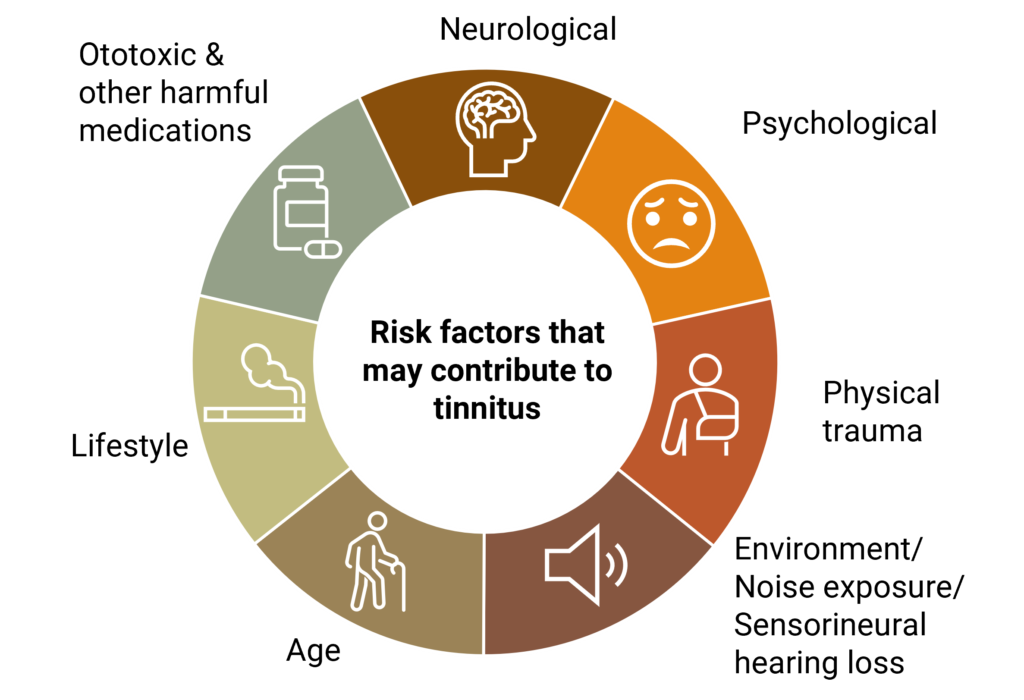A biotech company has a new drug in preclinical development. They seem genuine, but I was not able to find any studies that support their reported results in animal models.
The fact that they cannot spell tinnitus was remarkable.

 www.neudirection.com
www.neudirection.com
The fact that they cannot spell tinnitus was remarkable.
A New Dawn for the Tinnutus
By unraveling the mystery of phantom sounds, we propose a way to silence the ringing and bring relief to those who suffer from tinnitus. In a groundbreaking discovery, our team has identified a key G protein-coupled receptor (GPCR) in the auditory pathway that can transform hyperactive neurons back to their normal functioning state. We have designed a novel agonist targeting this GPCR, which has shown promising results in normalizing neuron activity. This innovative drug offers a new therapeutic approach for treating tinnitus by restoring normal auditory processing. As we advance this potential therapy, there is renewed hope for those affected by the relentless sound of tinnitus, heralding a new dawn in tinnitus research and treatment.

Neu-002 - NeuDirection
Tinnitus Tinnitus is a neurological condition characterized by the perception of noise or ringing in the ears without an external source. It affects millions of people worldwide and can range from a mild annoyance to a debilitating disorder that significantly impacts quality of life. While the...
 www.neudirection.com
www.neudirection.com

 Member
Member